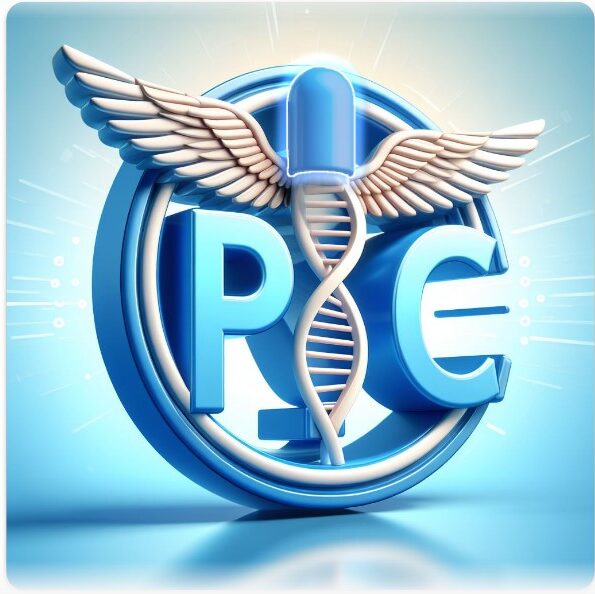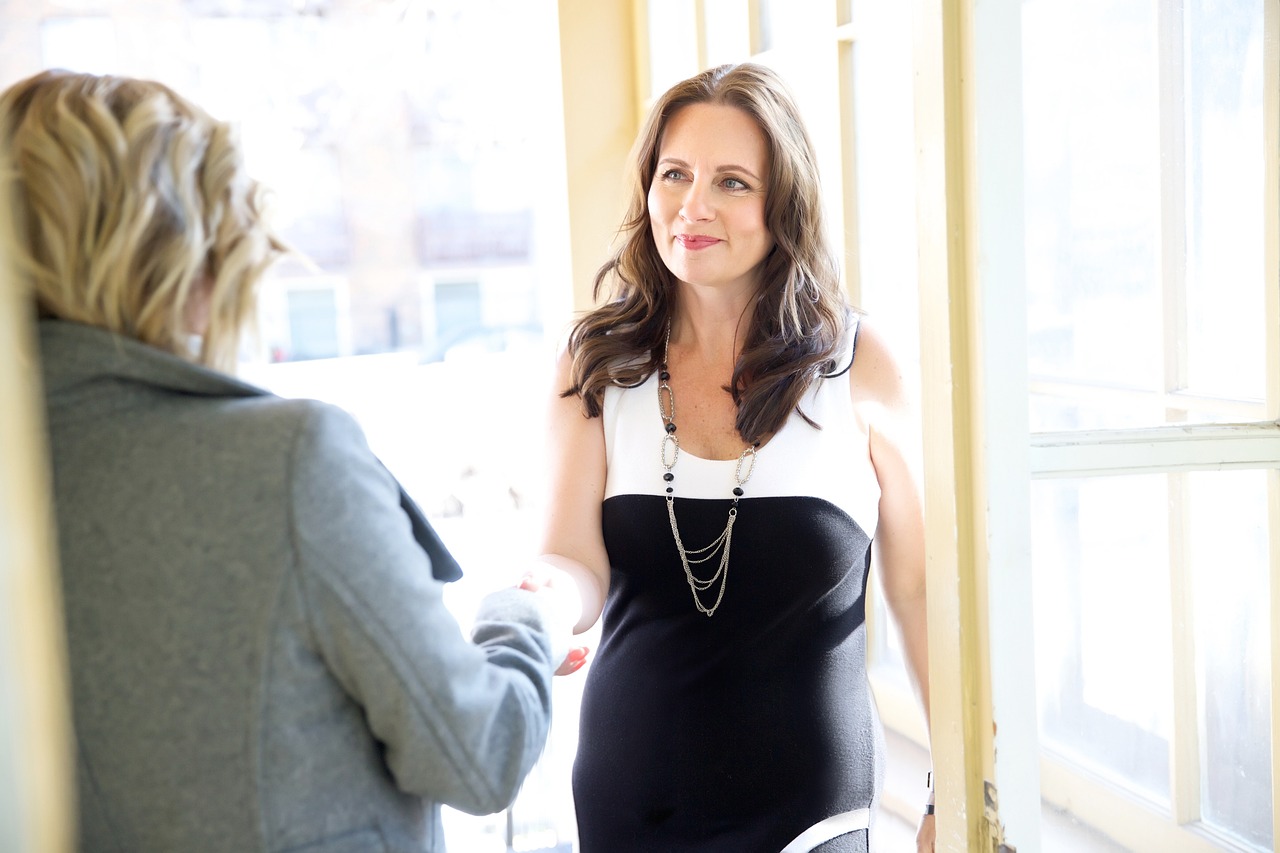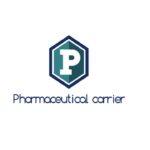Fresher-Level R&D Interviews: In the ever-changing world of pharmaceutical research and development (R&D), getting an interview as a newcomer is both exciting and challenging due to fierce competition. To increase your chances of success, thorough preparation is key. In this guide, we will help you understand how to excel in your pharmaceutical R&D interview at the fresher level.
Understanding Pharmaceutical R&D
Before we jump into interview preparation, let’s explore the world of pharmaceutical R&D. This industry is all about innovation and groundbreaking discoveries. As a fresher, it’s essential to show your passion for scientific advancements and your potential to contribute.
Researching the Company
Start your preparation by learning about the company you’re interviewing with. Understand their mission, values, recent projects, and their position in the industry. This knowledge will not only impress your interviewers but also enable you to align your responses with the company’s goals.
Knowing the Basics of Drug Development
While you don’t need to be an expert, having a basic understanding of the drug development process is crucial. Get familiar with the different phases, from discovery and pre-clinical testing to clinical trials and regulatory approval. This knowledge demonstrates your commitment to the field.
Highlighting Your Education for Fresher-Level R&D Interviews
Your educational background forms the foundation for your career in pharmaceutical R&D. During the interview, you must effectively communicate how your academic achievements have prepared you for the role.
Emphasizing Relevant Courses
Highlight specific courses or subjects that directly relate to pharmaceutical R&D. If you’ve worked on relevant projects or research papers, mention them. This showcases your dedication to learning and applying knowledge.
Showcasing Problem-Solving Skills
Pharmaceutical R&D often involves tackling complex challenges. Share examples from your academic journey where you faced and successfully resolved problems. Interviewers value candidates who can think critically and find innovative solutions.
Demonstrating Your Skills and Abilities Fresher-Level R&D Interviews
To excel in pharmaceutical R&D, you’ll need a mix of technical and soft skills. Be ready to showcase these during your interview.
Technical Skills
- Laboratory Techniques: If you have hands-on experience with laboratory equipment or techniques like PCR, ELISA, or cell culture, highlight them.
- Data Analysis: Showcase your ability to analyze scientific data, use relevant software, and draw meaningful conclusions.
- Understanding Regulations: Familiarize yourself with pharmaceutical regulations and guidelines, such as Good Laboratory Practices (GLP) and Good Clinical Practices (GCP).
Soft Skills
- Communication: Effective communication is crucial in pharmaceutical R&D. Highlight your ability to explain complex scientific concepts clearly and concisely.
- Teamwork: Emphasize your experience in collaborative projects or group work since pharmaceutical R&D often involves cross-functional teams.
- Adaptability: Share instances where you adapted to new methodologies, technologies, or unexpected challenges.
Preparing for Interview Questions Fresher-Level R&D Interviews
Pharmaceutical R&D interviews typically include both behavioral and technical questions. Be ready to answer them confidently.
Behavioral Questions
These questions assess your fit with the company’s culture and values. Use the STAR method (Situation, Task, Action, Result) to structure your responses.
Technical Questions
Prepare for technical questions related to your field of study. Review your academic notes and textbooks to refresh your memory on essential concepts.
Mock Interviews and Feedback
Practice is essential. Consider participating in mock interviews with mentors, professors, or peers. Constructive feedback will help you refine your interview skills and boost your confidence.
Closing Thoughts
Preparing for a pharmaceutical R&D interview as a fresher is a significant undertaking. With dedication and the right approach, you can excel. Stay updated on industry trends, maintain your passion for scientific discovery, and continually improve your skills. By following these steps, you’ll be well-prepared to tackle any interview in the field of pharmaceutical R&D and pave the way for a successful career.
Frequently Asked Questions (FAQs) – Pharmaceutical R&D Interview Preparation
1. What is pharmaceutical R&D? Pharmaceutical Research and Development (R&D) is the process of discovering and developing new drugs and medications. It involves various stages, from initial research to clinical trials and regulatory approvals.
2. How can I prepare for a pharmaceutical R&D interview as a fresher? To prepare effectively, research the company, understand drug development basics, highlight relevant coursework and problem-solving skills, showcase your technical and soft skills, practice answering behavioral and technical questions, and consider participating in mock interviews.
3. What should I know about the company I’m interviewing with? Familiarize yourself with the company’s mission, values, recent projects, and its role in the pharmaceutical industry. This knowledge will help you tailor your responses to align with the company’s goals.
4. What are some essential phases of drug development I should be aware of as a fresher? Key phases include discovery, pre-clinical testing, clinical trials, and regulatory approval. Understanding these phases shows your commitment to the pharmaceutical R&D field.
5. How do I emphasize my educational background during the interview? Emphasize relevant courses and projects related to pharmaceutical R&D. Share examples of problem-solving and critical thinking from your academic journey.
6. What technical skills are important for pharmaceutical R&D interviews? Technical skills may include proficiency in laboratory techniques (e.g., PCR, ELISA, cell culture), data analysis, and an understanding of pharmaceutical regulations (e.g., GLP, GCP).
7. What soft skills are valued in pharmaceutical R&D interviews? Effective communication, teamwork, and adaptability are highly regarded. Highlight instances where you’ve demonstrated these skills in your academic or personal experiences.
8. How should I prepare for behavioral questions in the interview? Use the STAR method (Situation, Task, Action, Result) to structure your responses to behavioral questions. Be ready to discuss how you’ve handled specific situations or challenges.
9. What should I do to prepare for technical questions? Review your academic notes and textbooks to refresh your memory on essential concepts related to your field of study. Be prepared to explain and discuss technical topics.
10. Is participating in mock interviews necessary for preparation? While not mandatory, mock interviews can significantly enhance your readiness. They provide a chance to receive constructive feedback and practice answering interview questions effectively.
11. How can I stay updated on industry trends in pharmaceutical R&D? To stay informed, follow industry publications, attend conferences or webinars, and engage with online forums or communities related to pharmaceutical research.
12. What’s the key takeaway for success in pharmaceutical R&D interviews? Success lies in thorough preparation, a passion for scientific discovery, and continuous skill improvement. By following these steps, you’ll be well-prepared for your interview and your future career in pharmaceutical R&D.
For more articles, Kindly Click here.
For pharmaceutical jobs, follow us on LinkedIn
For Editable SOPs in word, format contact us on info@pharmaceuticalcarrier.com
https://pharmaguidelines.co.uk/
Pharmacareer team is a team of Experts from every department of Pharmaceutical industry having enriched experience. Experts have work experience of many multinational pharmaceutical industries worldwide.


